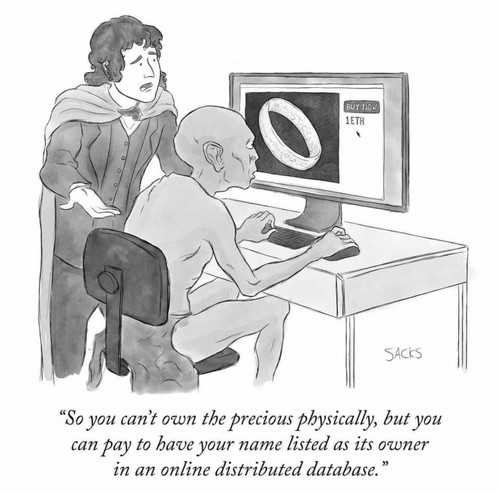Thank God.
**
As for reboots -- I think it's simply a matter of doing them poorly or doing them well. Quality in writing, acting, cinematography, production, editing, season-long arc, characterization, social commentary and relevance are more important than whether or not the series is a revival of a pre-existing property or an original creation. Reboots can benefit from the mythic stature of their previous existence.
There is a certain weight, importance and cultural iconography to having MacGyver disarm a land mine with a paper clip that can't be replicated with an original character.
I would say that the CBS reboot of MACGYVER shows reboots at the worst (in the first season) and their best (in the second to fourth season) and their most mediocre (also in the fourth season)
MACGYVER's first season opened with a shallow recreation of MACGYVER's schtick from the 1985 now presented in 2016 and it looked clumsy and dated. MacGyver creates smoke bombs from cleaning chemicals, fingerprint equipment from office supplies -- which now makes him look unprepared in not simply bringing pocket-sized spy gear like smoke bombs and fingerprinting equipment in advance.
In addition, the 2015 reboot saddled MacGyver with an aggressive partner to handle the physical fight scenes and gunplay (which made MacGyver's supposed pacifist philosophy meaningless as he was just having an associate use violence) and a hacker teammate (which made MacGyver's encyclopedic knowledge unnecessary). Why was this show even on the air when MacGyver's brand of espionage was dated, ineffective and irrelevant? Because MACGYVER was a recognizable trademark and brand name.
But by the end of the first season, MACGYVER finally figured out how to make MacGyver's character work. MACGYVER finally realized that MacGyver couldn't just be sent into spy missions to retrieve MacGuffins or arrest villains; MacGyver was instead best as a problem solver.
MacGyver had to impersonate an assassin and perform assassinations and supply proof of death without actually murdering anybody; had to navigate in and out of a collapsed building with no exits and all his equipment lost; had to find a way to fly a plane without fuel to a distant landing zone; had to save a capsizing ship at sea without ever setting foot aboard. The show finally understood that MacGyver didn't benefit from simple spy missions but impossible problems that the character had to solve. As a result, MacGyver's brand of improvised solutions now felt modern and relevant and MacGyver was suited to facing down present day problems.
And MACGYVER then bit off more than it could chew: Season 4 sent MacGyver up against an unsolvable problem, the crisis of climate change where MacGyver was fighting ecoterrorists and forced to concede that MacGyver and his team were fighting on the wrong side (even though the ecoterrorists were certainly not the right side). It was riveting, gripping and ripped from the headlines. MacGyver, reviewing developments on climate change, had a crisis of faith in his mission and a nervous breakdown, fearing that the terrorists could be right to try to kill 90 per cent of the human population.
How could MacGyver triumph against fossil fuels and a depleted ozone layer and the inertia of human impact on a damaged planet?
Season 4 ended with MacGyver defeating the ecoterrorists from triggering a population-reducing catastrophe and then making a presentation to Washington lawmakers on the climate crisis which... I guess... solved climate change? Because MacGyver never mentioned it again and this 'solution' (a stirring speech and a secret dossier about impending global catastrophe) were apparently all that was needed?
This conclusion to Season 4 did not work. This did not work at all. Season 5 felt truly awkward with MacGyver not dealing with that ecological nervous breakdown of Season 4. There was no on camera explanation for why MacGyver wasn't worried about climate change any more.
(The only rationalization I can offer: the COVID-19 pandemic is said to have happened between Season 4 and Season 5. It's possible that MacGyver was heartened by how during the 2020 lockdowns, ecological damage began reversing itself and this buoyed him up for Season 5 and we never saw him deal with the climate crisis again because the show didn't make it to Season 6.)
However, none of these victories or successes had too much to do with MACGYVER being a reboot. Yes, Season 1 was a reboot of a 1980s property that was painfully outdated in 2015, but that was less about MacGyver's gimmick being 30 years old and more a failure to craft stories that were specifically challenging to the MacGyver character. Then MACGYVER succeeded by presenting MacGyver as a problem solver rather than merely a spy and the series began giving him increasingly impossible problems to solve.
Then MACGYVER failed because it threw MacGyver into problem of the climate emergency which was something MacGyver, being a fictional character, could not actually solve (and his 'solution' in the show was nonsensical).
Quality is far more important than whether or not the property is a revival or an original.
